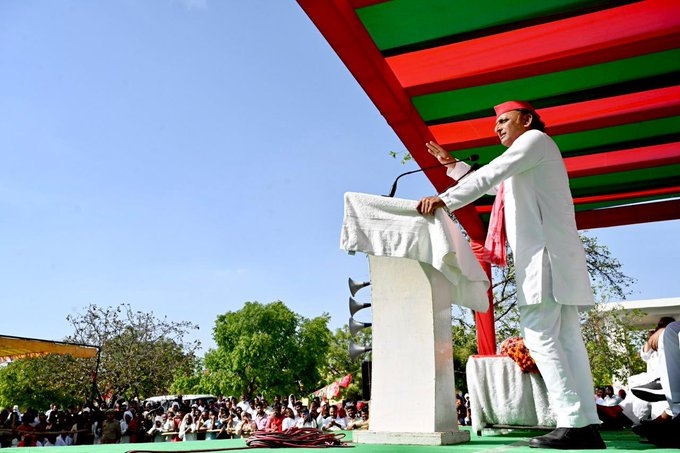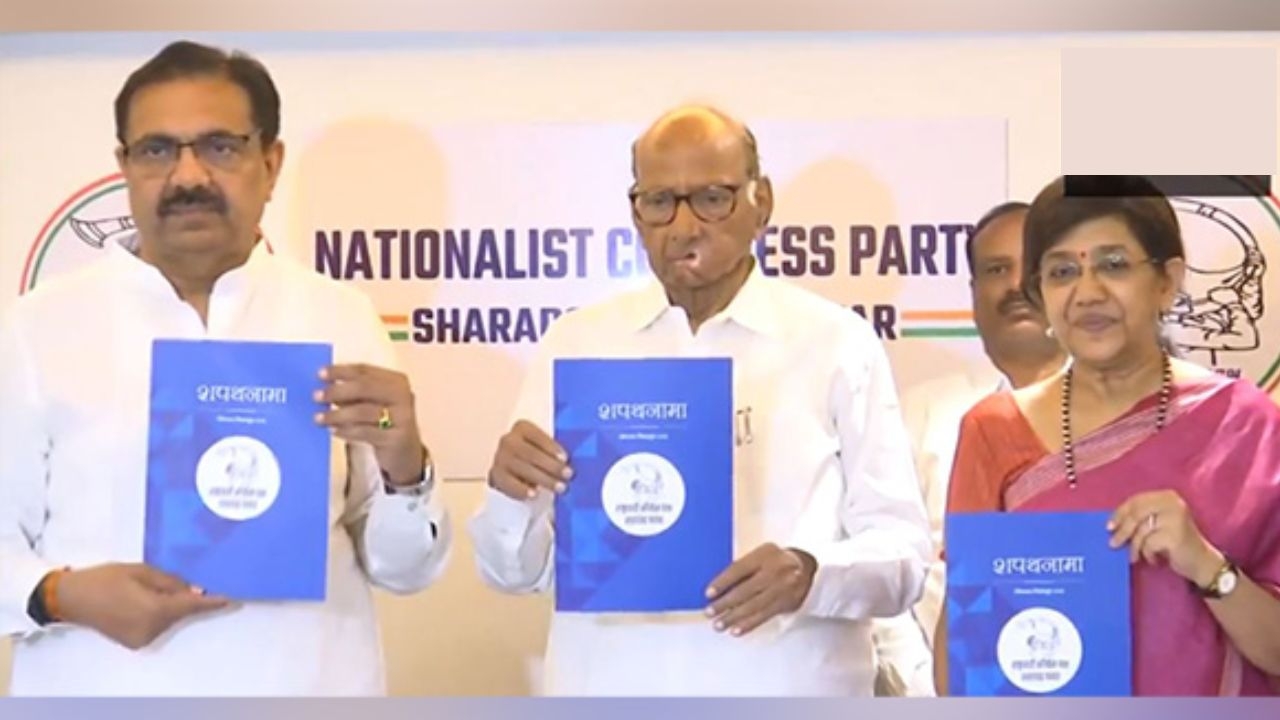Kanpur train crash: Mission Zero Accident in tatters, Modi must follow Vajpayee
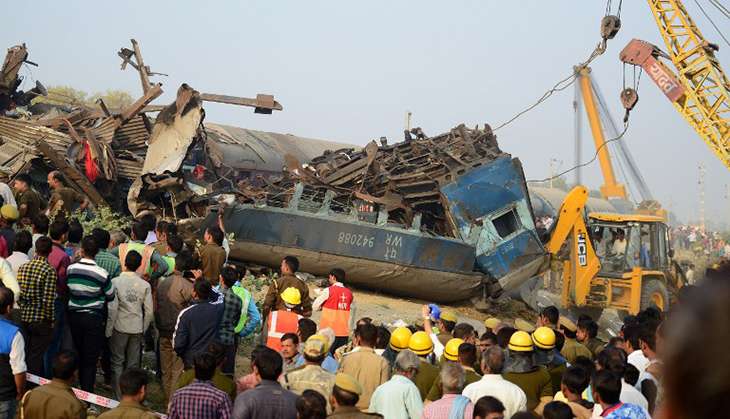
On the day of the derailment of the Indore-Patna Express near Kanpur, which resulted in death of 145 people and injured hundreds of others, Prime Minister Narendra Modi addressed railway employees via video conferencing and requested them to strive towards achieving zero accidents.
However, the Prime Minister conveniently forgot how his own Finance Ministry had, earlier this year, scrapped the Railway Minister's proposal seeking safety funds to the tune of Rs 1.2 lakh crore for the next five years.
Experts believe that unless such a corpus is created, accidents will continue to happen, and incidents like the recent derailment will become mere footnotes in the history of the Indian Railways.
What Vajpayee did
Unlike the NDA's former Prime Minister Atal Bihari Vajpayee and the then-Railway Minister Nitish Kumar, who sanctioned Rs 17,000 crore for non-lapsable safety funds to replace ageing railway assets, Modi's mantra for zero accidents has a hollow ring to it.
Citing instances from the developed world, experts claim the Indian Railways has not been able to transform with changing times, which is jeopardising passenger safety.
While heaping praises on Vajpayee, experts blame successive governments for the mess one of the world's largest railway networks in in.
"In 1999-2000, when accidents were at an all time high, the then-NDA government took a call and said it can't go on like this. It set up safety funds with the intent of renewal and replacement. And the results were for all to see, and the railways' safety performance improved and the number of accidents came down substantially. We need similar interventions, and that too, at the earliest," said JP Batra, former chairman of the Railway Board.
According to Batra, a thrust on safety management and introduction of technology are crucial to avoid such accidents, and that simple reliance on humans is not enough. "Greater induction of technical support will help the management in identifying if there are fractures in the track, as happened during the Indore-Patna Express derailment. Such technology is available in developed countries, and has been phenomenal in containing such mishaps," he added.
Kakodkar Committee recommendations
Batra suggested similar interventions by the incumbent government and the implementation of the 2012 High-Level Safety Review Committee headed by Dr Anil Kakodkar, former Atomic Energy Commissioner.
The Kakodkar committee's recommendations are gathering dust in the Railway Ministry, and many believe if implemented, they could change the face of the railways and be a big step in bringing down incidents like these.
Earlier this year, while presenting the Rail Budget, Suresh Prabhu announced Mission Zero Accident. However, the ministry has not been able to implement most of the recommendations of the report.
According to data tabled in Parliament: "So far, 22 recommendations of the Committee have been implemented, while 20 recommendations are in the final stages of implementation."
The committee had pitched to set up an independent mechanism for safety regulation, and the creation of a statutory Railway Safety Authority, with enough powers to have a safety oversight on the operational mode of the railways.
It also recommended the adoption of an Advanced Signalling System, similar to the European Train Control System, with an estimated cost of Rs 20,000 crore.
One of the most crucial safety recommendations of the committee was a switch from the Integral Coach Factory-designed coaches, to the much safer Linke-Hofmann-Busch (LHB) design coaches. This has been moving at snail pace.
"We need to speed up the introduction of LHB coaches, which, at present, constitute only 10% of the total coaches in India. During an accident, these coaches don't mount on each other or capsize, and are capable of absorbing the impact of an accident, which are known to substantially bring down the injuries to people. The entire train acts like a unit, resulting in a far lesser number of casualties," Batra explained.
However, the high cost of implementation of the Kakodkar Committee's recommendations and the abysmal state of the Indian Railways' finances is affecting the spending on infrastructure projects, including new tracks, signalling systems and safety mechanisms, which are crucial to passengers' safety.
The total financial implication of fully implementing the report over the five-year period was projected at Rs 1 lakh crore.
Demand for safety cess
Batra said it would be incorrect to put the onus of the sad state of affairs of the railways safety mechanism on the incumbent government. He blamed successive governments for their failure to take drastic steps to address these concerns.
Railways finances have been in the red for the last few years, and it's struggling to make new investments, especially on the safety concerns raised by several committees and experts.
Batra suggested that in order to generate funds, the government should put railway safety at par with other priorities, including MGNREGA, subsidies and fertilisers, among others.
He claimed that implementing the Kakodkar's recommendations would not be easy, considering the fund crunch, and suggested a safety cess on tickets to bail out the railways.
Batra added: "Even if the government has to levy a safety cess on tickets, it has to be done. People would not mind paying a little extra for their safety. The government needs to generate resources if it has to avert situations like these."
What govt must do
However, Adhir Suman Chaudhury, former Minister of State for Railways, squarely blamed the present government for neglecting the safety concerns raised by experts. He claimed the government was too busy with trivial issues like demonetisation, while neglecting crucial issues like these.
"It is a disastrous failure of track management, and those responsible should be booked. While the government is busy visiting Japan to get bullet trains, people here are dying because of depleted railway infrastructure," he said.
Even former Railway Minister Lalu Prasad Yadav, in an article in a leading newspaper, mentioned how he wrote several letters to the Prime Minister in the last 30 months, requesting him to give "highest priority to safety and core operating performance of the railways, rather than investing over Rs 1 lakh crore in headline-grabbing but loss making bullet trains; but in vain".
Yadav also mentioned how Kakodkar's recommendations, especially the second Special Railway Safety Fund (SRSF) of Rs 1.5 lakh crore, should be formed, to avoid the recurrence of such instances.
First published: 22 November 2016, 10:21 IST
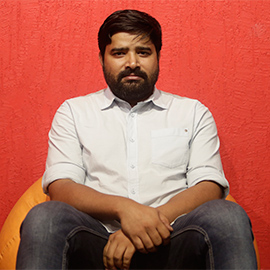
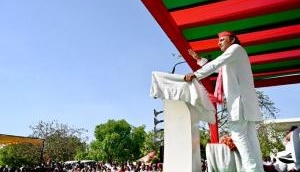
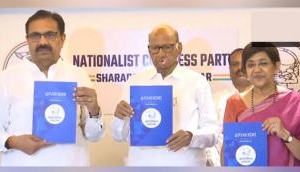
_251372_300x172.jpg)
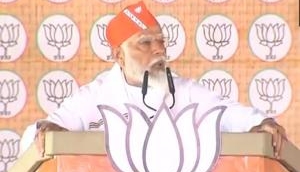
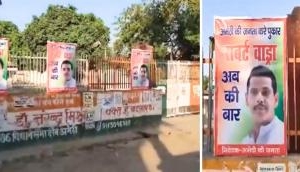
![BJP's Kapil Mishra recreates Shankar Mahadevan’s ‘Breathless’ song to highlight Delhi pollution [WATCH] BJP's Kapil Mishra recreates Shankar Mahadevan’s ‘Breathless’ song to highlight Delhi pollution [WATCH]](http://images.catchnews.com/upload/2022/11/03/kapil-mishra_240884_300x172.png)

![Anupam Kher shares pictures of his toned body on 67th birthday [MUST SEE] Anupam Kher shares pictures of his toned body on 67th birthday [MUST SEE]](http://images.catchnews.com/upload/2022/03/07/Anupam_kher_231145_300x172.jpg)


